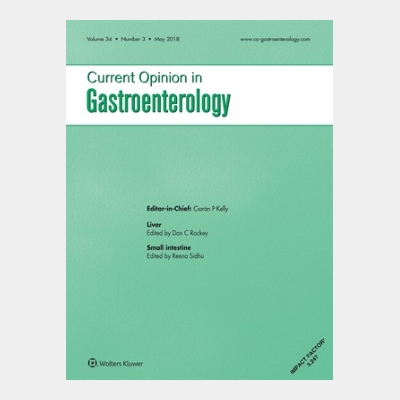Diagnosis and treatment of pancreatic exocrine insufficiency

PURPOSE OF REVIEW:
Pancreatic exocrine insufficiency (PEI), defined as a secretion of pancreatic enzymes and bicarbonate insufficient to maintain a normal digestion, is a frequent but frequently underdiagnosed and undertreated condition. PEI may be secondary to different pancreatic diseases and extrapancreatic conditions. Recent data support the high clinical relevance of PEI and its treatment.
RECENT FINDINGS:
Together with symptoms of maldigestion, PEI is associated with nutritional deficiencies leading to osteoporosis, low-trauma fractures, sarcopenia and increased mortality. No single widely available test allows to diagnose PEI accurately. Diagnosis of PEI requires the evaluation of symptoms, nutritional markers and a noninvasive pancreatic function test in the appropriate clinical context.
Pancreatic enzyme replacement therapy (PERT) improves digestion, symptoms, nutritional status and quality of life of patients with PEI. In addition, PERT is associated with a longer survival in patients with unresectable pancreatic cancer and after surgery for pancreatic cancer or chronic pancreatitis.
SUMMARY:
Awareness of PEI in different clinical conditions is required. Nutritional advice and appropriate PERT are mandatory to reduce the morbidity and mortality associated with PEI. Further studies on the clinical impact of PEI and its treatment are needed, especially in diseases other than chronic pancreatitis and cystic fibrosis.
Curr Opin Gastroenterol. 2018 Jun 7
Dominguez-Muñoz JE
doi: 10.1097/MOG.459
